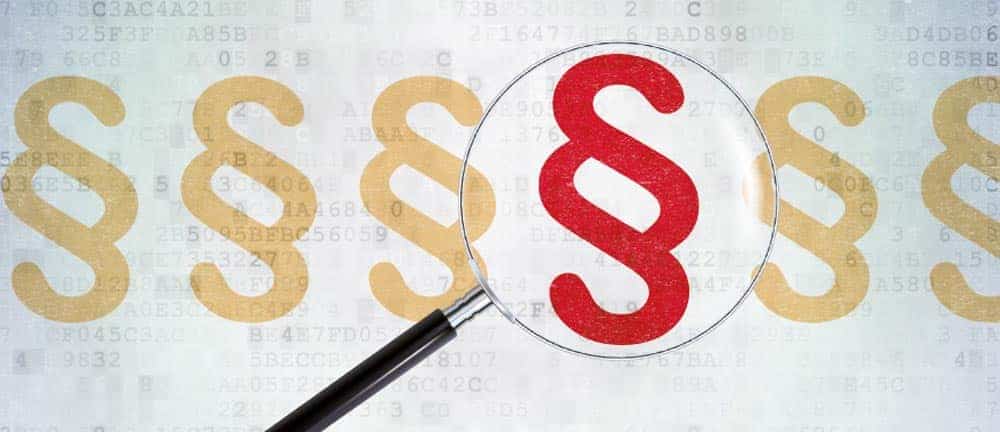Historical knowledge


Part 1:
Stefan Autengruber
It started this time at Café Sperl in Vienna.
"There are more and more SAP licensing experts"
states editor-in-chief Färbinger:
"How can you tell who is good and who is not?"
It's quite simple. A true licensing expert has 18 years of SAP price lists and T&Cs in his head. SAP had kept the price lists under lock and key until around 2008. They were secret and only accessible to a certain "elite". Anyone who wasn't an SAP license expert during this time can't be one today because they lack the knowledge and history.
In 2000, R/3 sold through referrals and appearances with one-size-fits-all scenarios. Anyone who calls SAP and indicates that they need fewer than 1000 licenses doesn't even get a rejection. The phone is simply hung up.
And although business is good, Hasso Plattner is worried: There are new systems that are snatching a market away from SAP. These are the new CRM, BW and other third-party systems.
Hasso Plattner had already given the order to have them reprogrammed. But customers do not want to accept this. The pricing is too complicated.
Someone had the idea of a "business suite" with only four user types. The suggestion is: Whoever buys this has the entire SAP software. And only have to license "named users" according to categories one to four.
The most understandable and simple pricing model a corporation has ever had: Type 1, manager; Type 2, operational user; Type 3, restricted user; and Type 4, self-service user. There was no such thing as a developer user.
But practice showed that this user classification, based on the value chain, was not accepted by the market. Why license the highest-priced user type for managers who do not use the software operationally, but only for analyses?
Since customers had something to say back then - and SAP also listened to them - the category one type disappeared during the year and was integrated into category two. Since three user types were not very harmonious in terms of number, and since four had been assumed, SAP got creative and what happened was what became the system over time: the "carve-out.
You take away rights from an existing user type in the price list and re-price them! You can read about the mischief SAP set in motion with this, which is still affecting Hana licensing today, in my column in May 2018.
Part 2:
Peter Färbinger
Despite all the fascination with technology, organization, standard software, and business administration - a key success of SAP and its DACH community is relationship management and trust.
R/1, R/2 and R/3 were developed in close partnership with the early users of what is now the world's leading ERP software. The R/3 Enterprise version was developed at the massive "request" of DSAG founder and then association chairman Alfons Wahlers.
Without the shared intellectual property of existing customers, SAP could never have developed so quickly. The mix of SAP's vision and users' needs is perfect, and SAP used to really listen to its existing customers.
As a result, the SAP sales representative was always a welcome guest at the existing customers: They discussed, solved problems, and ordered and sold licenses.
Today, the young, new sales people know no SAP history, have no idea about the complex ERP technology and Abap add-ons in the Z namespace, but simply wave the latest license measurement and put a demand for re-licensing on the table.
The relationship between SAP existing customers and SAP sales is shattered and desolate! When SAP tried to raise the annual maintenance fee from 18 to 22 percent, a storm of indignation broke out in the DACH region.
The SAP CEO at the time, Léo Apotheker, was surprised by this "storm in a teacup. What SAP had forgotten: that the German-speaking community has a very special, historical relationship with the ERP world market leader.
Global and DACH are technologically and historically two very different worlds. In terms of contracts, too, much is different in the DACH region. Former SAP CFO Werner Brandt once complained that there were no two identical license agreements.
A great deal of historical knowledge is needed to ensure clarity and fairness in the case of relicensing and indirect use. With sales staff who have been trained quickly and briefly, SAP is recklessly squandering the trust that has been built up and the good cooperation with existing customers.
Relicensing, metric adaptations, unmanageable price lists and indirect use bring the fast money - only: This is not a sustainable concept for future relationship management.







